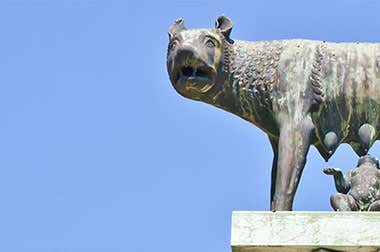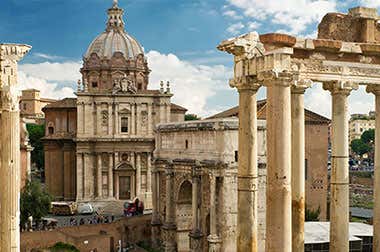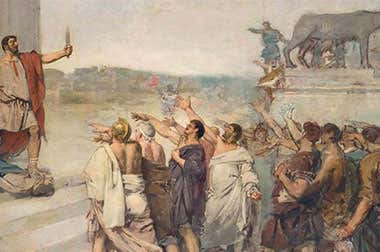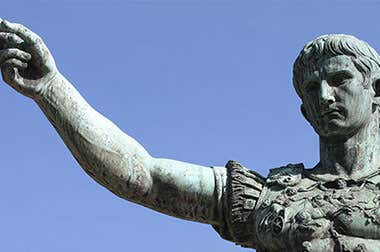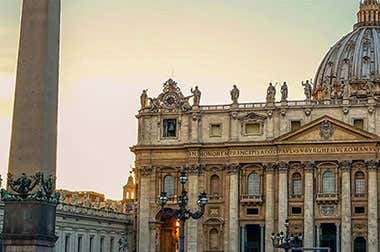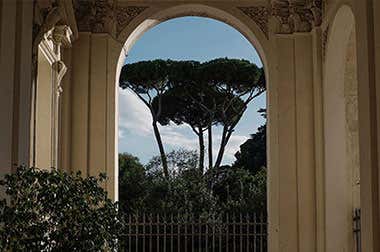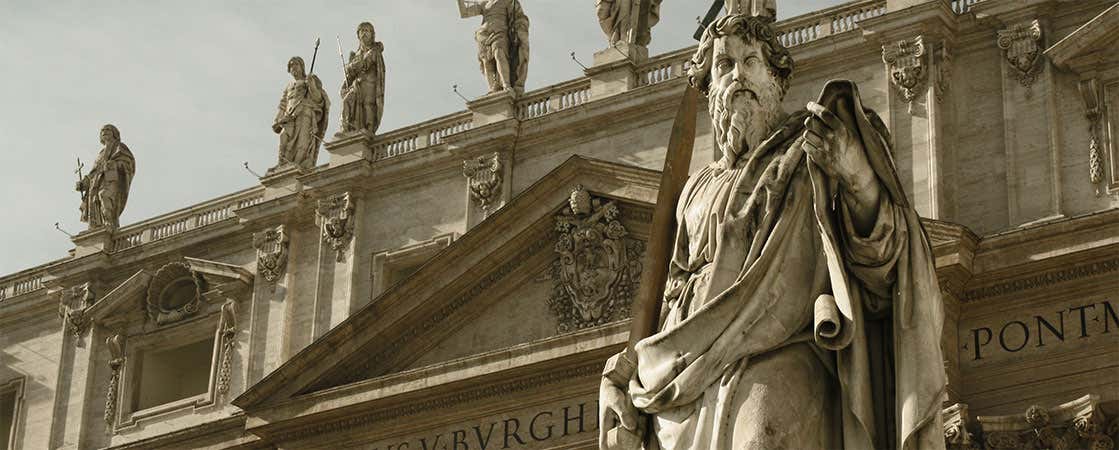
The History of Rome
How was Rome founded? How did it become an Empire? What was the role of the Catholic Church throughout Rome’s history? Learn about the fascinating past of this striking city before you travel to Rome.
The exact origins of the city of Rome are still somewhat of a mystery. There are several theories all based on the writings of ancient authors and the archaeological discoveries.
For this reason, the founding of Rome is based mainly on legend and myth, instead of solid facts and figures. The existence of a Roman Kingdom was even questioned for practically two centuries by expert historians.
During the 19th and 20th centuries, they dismissed the idea of the early kings of Rome (Romulus, Numa Pompilius, Tullus Hostilius) as well as the date of the founding of what would later become the capital of Italy, in 753 BC. This part of history was merely considered a legend and not taken seriously.
It was only during the late 20th century when, thanks to the findings of numerous archaeological digs and other sciences, the myths surrounding the establishment of the city and its first rulers were reconsidered.
It's believed that the first inhabitants of Rome came from various parts of the region, and had neither the economic nor the cultural development of their northern neighbours, the Etruscans, nor the southern civilization called the Sabines and Latins.
In Palatine Hill, archaeologists found the remains of a primitive settlement from the 8th century BC, with burials on the outskirts of the village. It's thought that as the population grew, the inhabitants settled on the slopes of the nearby hills, and during the next century they established themselves in the valley.
